One of my greatest memories was when Umam Nikan took me out to find the sea. It was a long trek, longer than any we had ever taken outside of our city. We lived in the south so we would not have to go around mountains to see it. Lots of flat land and good hunting to be had since it was so close to the great sea. It would have been nice to live closer to the mountains so we would not have to walk so far to get our water. But it is as Umam said, usually when chewing her foul smelling blackleaf and when no one else was listening, ‘the chief said to make their home there and his great boar-head is carried on the people’s back’. I knew even then that there was much wisdom in Umam’s words, but I could not help but think that much of it came from gut-hate.
We did not see too much as we were traveling to the sea, but we saw more as we got closer. At the start it was all sand and dust, sometimes a great cat looking over the dunes or a pack of laughing dogs tearing at a kill. But as we got closer we could smell the great land-surrounded sea. We could see the fringes of green life, like the mane of the great cat that we had seen. Trees sprouted from the dirt and the sharp triangular leaves scraped the sky like claws, chirping smallbirds huddling within them as they called to their brothers and sisters. I remembered turning to my Umam and asking her so much about the smallbirds. Why the smallbirds are so small when so many of their cousins are so much bigger? Why do the smallbirds sing so marvelously in the sun? Why do the smallbirds fly away when one gets close to listen to their song?
Umam sat back in the low scrub, the light of our campfire brighting up her wrinkled skin, showing of the age that comes with wisdom. ‘You ask many questions, Kiki. This is good. Never stop. It is when we stop asking questions that we forget why we must ask them.’ she said with a wry, black-toothed smile. ‘But I can answer your questions. The first is that they are like you, like all the animals living on the dirt, but in their way. They are small like prairie mice as the divebirds are big like lesser cats, so they may hide in the ground from bigger things. They have their own reasons, ones we do not know for sure. Maybe it is to peek into places too small for their bigger cousins. Maybe it is just so they do not have to eat as much food. In any case, they are as big as they are because our Earth Umam wants it that way. You ask why they why they sing in the sun? Why shouldn’t they? The sun is a glorious thing, Kiki. It gives us life when there was none before. It helps feed our crops and lights our way. Why shouldn’t the smallbirds sing when it comes over from yonder? But as for why the smallbirds flit away when we come close, it may because they are more like us than we realize. Whenever another comes close, a little one might be nervous. It is the constant fear of the small. If you are small, you might get eaten by something bigger than you. It is why we tell you to run from great cats. But you will one day grow big enough to help fight any great cats that threaten our small ones. Smallbirds will never get to be big and so they must fly away from everything.’
I remember this knowledge well. It made me sad to think about and little tears of not understanding dripped from my eyes. ‘That sounds not fair.’
‘There is much that is not fair in this world. But that is our lot in life.’ her Umam said. ‘It is all we can do to make fair the things we can.’
Back then, I did not understand again what Umam said. I thought It must be one of those things I will understand when I am older.
Days passed as we kept walking, the sun watching our passage through the scrub. A glowing eye of a god high in the sky. It hurt to look at for too long, so I did not stare back. But soon we passed through a place where the sun could not stare, the once thick and stocky trees and brush coming together into a jungle. It was so much cooler there, so much more full of life as well. Umam said many places this close to the oceans are. But there was much life I did not like. The blood bugs and little crawly things that scuttled and stung when they could. Umam showed me how to keep them at bay. She took her big knife, the kind made of metal from the earth by our tribe’s shaman, and split the skin of one of the trees. She drew out its ichors, slathering it on her skin before doing the same to mine. My nose wrinkled at the smell and Umam clicked her tongue at me.
‘This sap smells bad, yes. But it smells worse to those little biters. While you wear this on your skin they will not come near, see?’
To prove her point Umam swung her knife, splattering the sap on the ground, covering one with stingers and claws. It writhed and scuttled like a thing taken by ghosts before vanishing into the scrub. I was impressed.
‘Is that magic? Did you use magic Umam?’ I had asked.
Umam just chuckled. ‘No, child. Magic is creation. I just used something everyone has. Creativity. Now come here. You need some of this sap to keep the blood bugs off.’
I finally relented, allowing Umam to wipe the sticky green sap onto my skin. It prickled my skin and the inside of my nose. But it would be better than scratching and disease from the blood bugs.
But finally we arrived. The sea. It was so beautiful, the small waves lapping against the stone shores. We made our way down and the rocks turned to coarse powder, tiny creatures of shell and scale flitting in the water and on the sand. I cupped my hands and pulled some water from the sea and drank. But it did not act like normal water should. It clawed for purchase and made its taste foul before making me feel sick for drinking it.
‘Ah, it seems you learned a lesson yourself, child.’ Umam laughed. ‘It is good. Learning yourself is sometimes better than hearing it from others. You should not drink straight from the sea. The sea’s water is beautiful, but in its jealousy it has made its water undrinkable.’
‘Then where does the water we drink come from?’ I asked before trying to wipe the taste from my mouth.
‘The shamans dig around below the dirt, even below the dark rock. There, below even that, they may find caves full of water untouched by the sea’s jealousy. That is the water we drink.’
There I played, dancing with the tide and watching the little creatures in the sand. When it got dark Umam cut coconuts from the jungle and split them open with her knife. We shared them by the campfire, looking out to the sea as it turned glassy with colour.
‘Umam? What is this place called?’ I asked. ‘I want to know so I can come here again.’
‘Ah, a question with a future! Very wise.’ she chuckled. ‘Let me think… Ithemba Bay. Yes, that’s what it was called.’
‘And what does Ithemba mean?’
Umam smiled. ‘Good Hope. It’s part of the reason I brought you here.’
Umam looked up at the stars. How beautiful they all were that night. Gleaming like thousands of sparks from our campfire. The night sky was without clouds, leaving only the stars to shine through.
‘I have great hopes for you, Kiki. Great good hopes. When your father passes, you will become the chief of the Atlanteans. I hope that you have more wisdom than he has.’
‘But why do you say these things, Umam? Why do you hate the chief so much?’
Umam took a deep breath through her nose. ‘Because he ignores you, child. He ignores so much you cannot bring yourself to call him father. I cannot stand for that. No one should. But you will do better. This I know.’
I looked up to the stars again. I did not know why Umam had such faith in me.
Perhaps it is something I will understand when I am older.
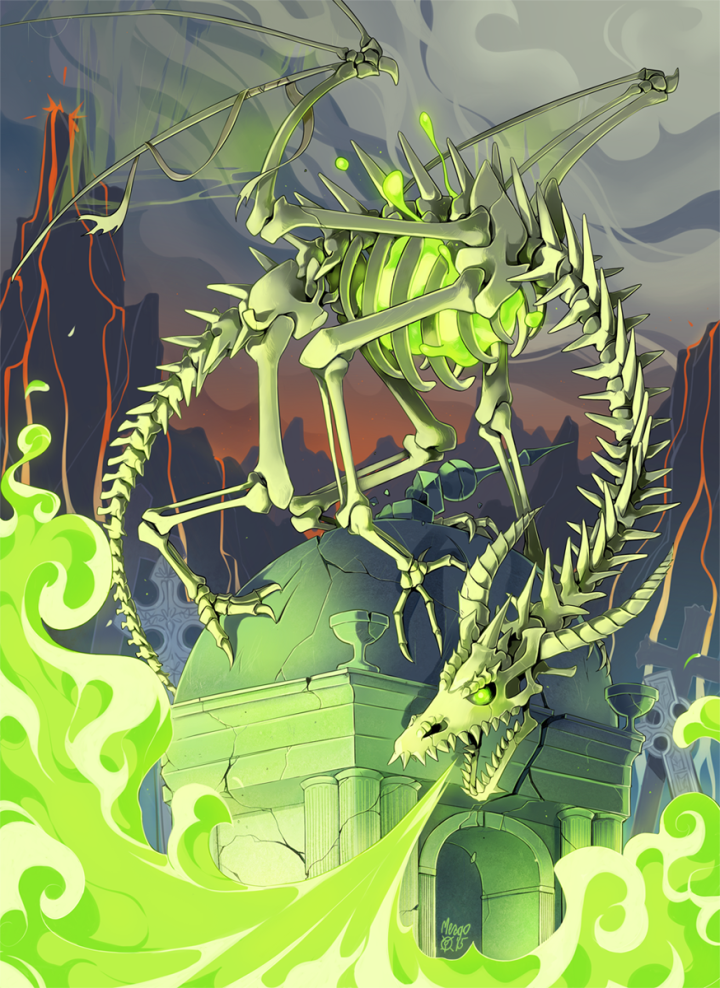
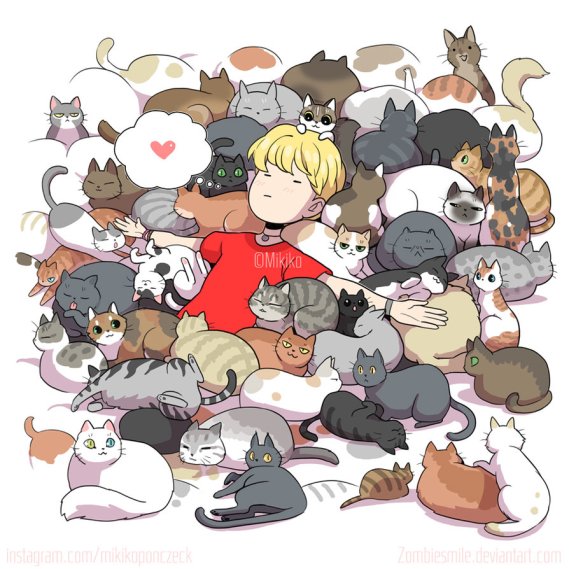 (
(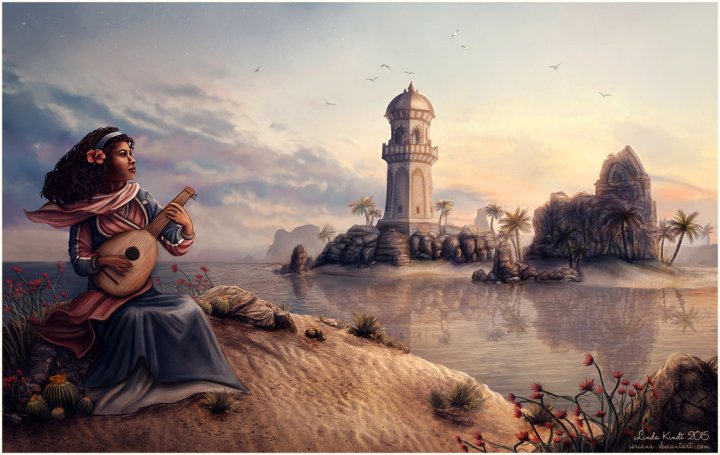 (
(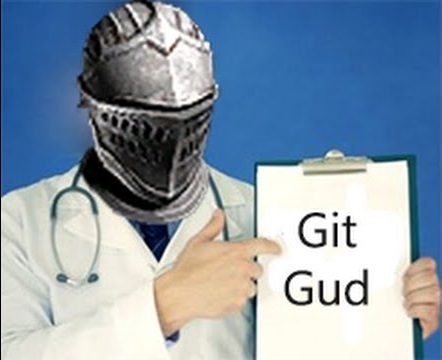 (A philosophy to live by.)
(A philosophy to live by.)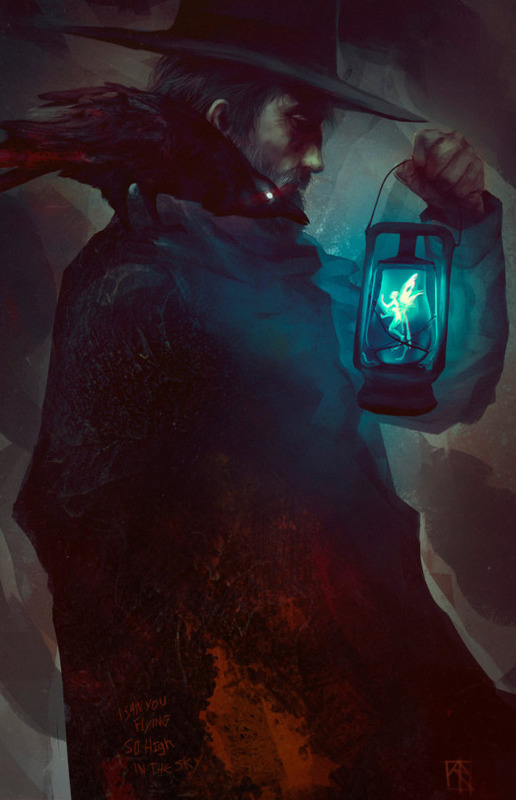 (
(